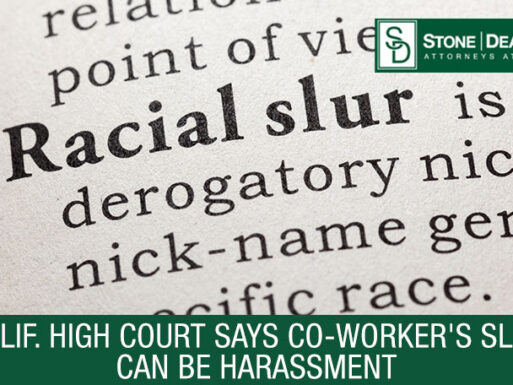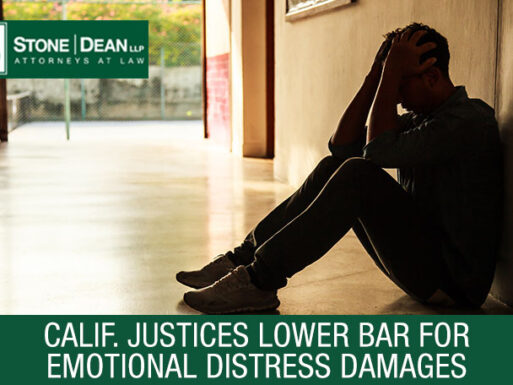Following the financial and mortgage crisis of 2009, the government has chosen to prosecute corporations, but not their high-level executives.
Why is this?
U.S. District Judge Jed Rakoff of the Northern District of New York might have the answer.
Judge Rakoff is known for his low-tolerance of Securities and Exchange Commission (SEC) settlements. He made headlines when he threw out a $33 million SEC settlement with Bank of America and also rejected a $285 million consent judgment between the SEC and Citigroup. A ruling on the consent judgment is expected out of the Second Circuit Court of Appeals this year. Judge Rakoff’s decision is unusual when it comes to securities litigation and government agencies, which makes the Second Circuit’s ruling one to watch out for. Through his articles and essays, he has given us a few reasons why the government chooses not to go after the people who run these large financial institutions.
First, the government argues that proving the fraudulent intent of top-level executives would be difficult. However, within the criminal justice system in general, there has never seemed to be a problem with this before. Additionally, it argues that proving reliance will be difficult because these financial institutions were selling to sophisticated investors. One element in securities fraud litigation is reliance upon a misstatement, an omission, or an intentional misrepresentation. This reliance must be reasonable, except in the case of an intentional misrepresentation; in that case, reliance is presumed. Here, the argument is essentially that regardless of what the institutions were saying, these investors were sophisticated – they knew better.
Further, the government argues that prosecuting these executives would damage the economy. This position assumes that large financial firms would crumble just because their high-level executives were prosecuted – which may or may not be true. Rakoff remarks this is sometimes referred to as the “too big to jail excuse” and calls it “disturbing.”
Finally, Rakoff posits that maybe the government might consider itself complicit in the financial crisis because of how it loosened financial and mortgage regulations prior to the crisis. Notably, as early as 1997, Fannie Mae began requiring people to report lower amounts of wealth when qualifying for mortgages. In 2002, a Housing Department report noted that, “From 1993 to 1998, the number of subprime refinance loans reported under the Home Mortgage Disclosure Act (HMDA) increased tenfold.”
Whatever the reason, the statute of limitations is approaching quickly. CA Corporations Code § 25506 requires that securities fraud claims to be filed within five years after the act or transaction resulting in the violation or within two years after the plaintiffs discovers the facts constituting the violation, whichever expires first.



